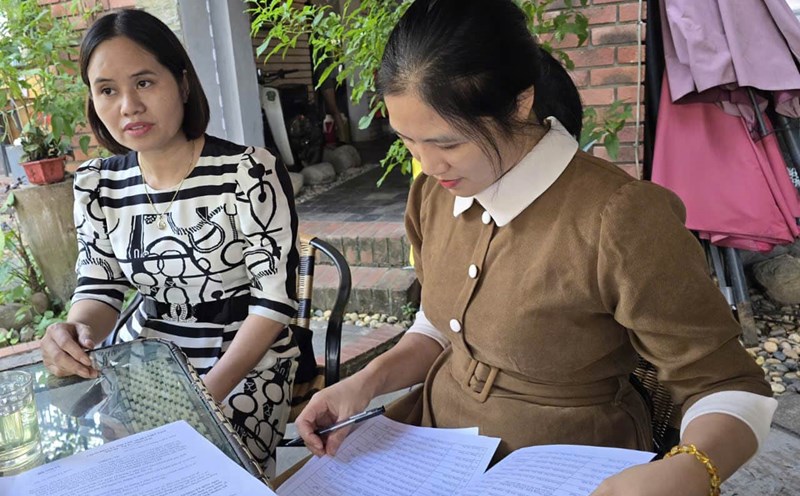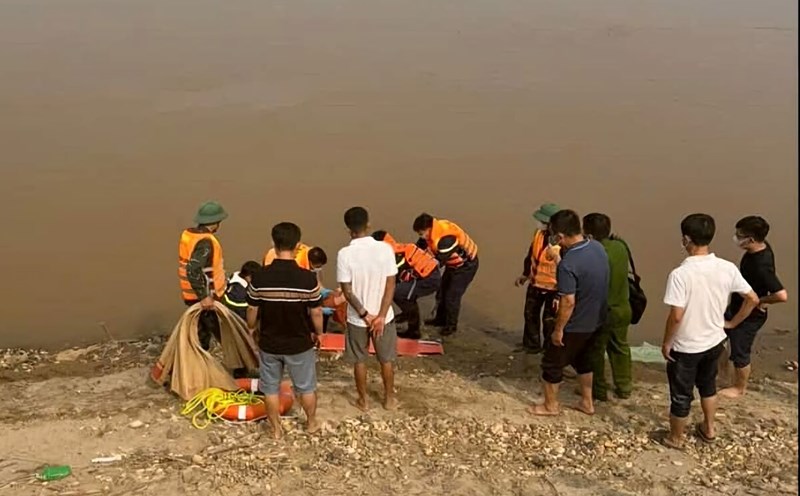A series of Category 5 storms driven by atmospheric rivers are targeting the Bay Area and Northern California in the US. The storms are being intensified by so-called “bomb cyclones” that are expected to bring heavy rain and potential flooding.
The National Weather Service (NWS) forecast says storms will begin hitting the North Bay on November 20 with heavy rain, moving south through the weekend. More widespread rain across the region is expected on November 22 and through the weekend.
A Flood Warning has been issued for the North Bay, Marin Coastal Range from 4am 20/11 to 4am 21/11.
The appearance of an atmospheric river coincides with conditions in the Pacific Ocean where a polar air mass collides with a tropical air mass, causing atmospheric pressure to drop rapidly.
An atmospheric river is a large, dense cloud band, as wide and long as a large river across the sky, carrying much more water vapor than a normal cloud.
Meteorologists call low-pressure systems, in which the pressure at the center drops sharply over a 24-hour period, bomb cyclones or weather bombs. Bomb cyclones typically intensify a hurricane and increase its wind speed.
Bay Area residents are advised to prepare for a bomb cyclone attack starting on November 20, with rainfall ranging from 760 to 1,770 mm through November 24 and possibly as much as 2,790 mm in the coastal mountain ranges furthest north of the Bay.
Further north in the Bay Area, rainfall is expected to be even heavier and conditions will be dangerous. The National Weather Service has issued a series of storm and flood warnings, advisories and advisories across Northern California to the Oregon border.
The NWS also issued a heavy snow warning for parts of the North Bay and Central Coast, the Sacramento Valley and the Central Valley from midnight to 8 a.m. on November 19.
With the first major storm approaching, the NWS said the ground could handle the initial rainfall, but some areas in the North Bay are likely to become saturated very quickly.
However, a second storm system making landfall on December 22 could raise more flooding concerns even as less rainfall is expected.
The NWS urges Bay Area residents to monitor weather forecasts for the latest information as potentially severe conditions develop throughout the week.











